Imagine a future where you could enhance your intelligence, improve your memory, and even extend your lifespan, all through a few biohacks at home. Welcome to the world of biohacking, a growing movement where people take health and self-improvement into their own hands—sometimes literally. From CRISPR gene editing to brain-computer interfaces (BCIs) and personalized nootropic stacks, biohackers are tinkering with the very essence of human biology. But as thrilling as these advancements are, biohacking also comes with profound risks and ethical concerns. Let’s explore this burgeoning frontier and ask: are we really ready for it?
At the core of biohacking is the desire to enhance physical and mental capabilities beyond what nature intended. Enthusiasts, also known as biohackers, range from those making simple lifestyle changes—like optimizing their diets with supplements—to those diving into the more extreme end of the spectrum with genetic engineering or cybernetic implants.
One of the most exciting biohacking tools is CRISPR, a gene-editing technology that allows users to modify their own DNA. Originally developed to treat genetic disorders, biohackers are now using CRISPR to experiment on themselves. Imagine being able to tweak your genes to build stronger muscles, enhance cognitive function, or even slow the aging process. The possibilities sound like science fiction—but they’re very real. And as the technology becomes more accessible, DIY biohackers are increasingly adopting it in their homes.
Another cutting-edge trend is the development of brain-computer interfaces (BCIs). Companies like Neuralink, led by Elon Musk, aim to create direct connections between the human brain and computers, potentially allowing us to communicate with machines using only our thoughts. In the near future, this could mean augmenting memory, treating neurological conditions, or even controlling prosthetic limbs with your mind.
But it's not just the high-tech experiments that have people hooked. Many biohackers focus on nootropics, supplements designed to boost brainpower. Unlike caffeine, these "smart drugs" promise longer-lasting effects, improved focus, and increased creativity. Custom nootropic "stacks" are gaining popularity, allowing users to tailor their regimens to enhance specific mental functions.
While biohacking opens the door to exciting possibilities, it also raises serious ethical questions. For one, the biohacking movement largely exists outside traditional regulatory frameworks. Unlike pharmaceutical companies, biohackers are not required to pass rigorous clinical trials or gain government approval before experimenting on themselves. This makes biohacking the "Wild West" of science—innovative, but dangerous.
For example, while CRISPR could eradicate devastating genetic diseases, the risk of unintended consequences—such as accidental alterations to other parts of the genome—is significant. These so-called "off-target effects" could lead to mutations with unknown long-term effects, which may not even show up until years down the road. Similarly, BCIs, despite their promise, pose huge questions about privacy and the ethics of altering brain function. What if your brain data were hacked? What if access to these enhancements became another marker of social inequality?
Another growing concern is the rise of "designer" humans, where genetic enhancements may become accessible only to those who can afford them. This could lead to a future where the rich live longer, smarter, and healthier lives, while the rest of society is left behind—a biohacked dystopia.
The thrill of biohacking is often tied to its DIY nature, but the lack of oversight is where the most dangerous pitfalls lie. While professional scientists work within strict ethical guidelines and under regulatory bodies like the FDA, biohackers are often experimenting without the safety nets of controlled environments or peer review.
Take CRISPR, for instance. The technology is powerful, but even professionals struggle with ensuring that their gene edits are accurate and safe. In the hands of an amateur, the risks multiply. One wrong edit, and a user could introduce harmful mutations into their body’s DNA, with potentially catastrophic consequences. The same goes for nootropics: while they may promise cognitive boosts, their long-term effects are not well understood, and self-experimentation can lead to unintended health problems like anxiety, insomnia, or worse.
Neural implants, on the other hand, present a more futuristic but equally concerning risk. Neuralink’s brain implants could, in theory, enhance cognition, but what happens if something goes wrong? Invasive procedures on the brain are notoriously risky, and any malfunction in an implanted device could have life-altering consequences, from seizures to loss of motor control.
Despite the risks, biohacking is unlikely to slow down. As technology advances and biohacking becomes more accessible, it’s easy to imagine a future where genetic modifications, neural implants, and enhanced supplements are as common as getting a flu shot. But this future raises serious concerns about safety, ethics, and equity.
Will governments step in to regulate biohacking, or will it continue to operate in the shadows? Should biohackers be required to follow the same stringent regulations as pharmaceutical companies? And how do we ensure that these enhancements don’t create an even wider gap between the rich and poor? These are the questions society will need to address as we move into an era where biohacking may redefine what it means to be human.
Biohacking is an exhilarating glimpse into the future of human potential. From genetic modifications to brain implants and nootropic stacks, the possibilities for enhancement seem endless. Yet, this frontier is not without significant risks. As biohackers push the boundaries of science and self-experimentation, society must grapple with the ethical, safety, and social implications of this new reality. Are we opening the door to a better, smarter, healthier humanity—or are we stepping into a dangerous unknown? Only time will tell.
Top Selling Books on Biohacking!
.png)
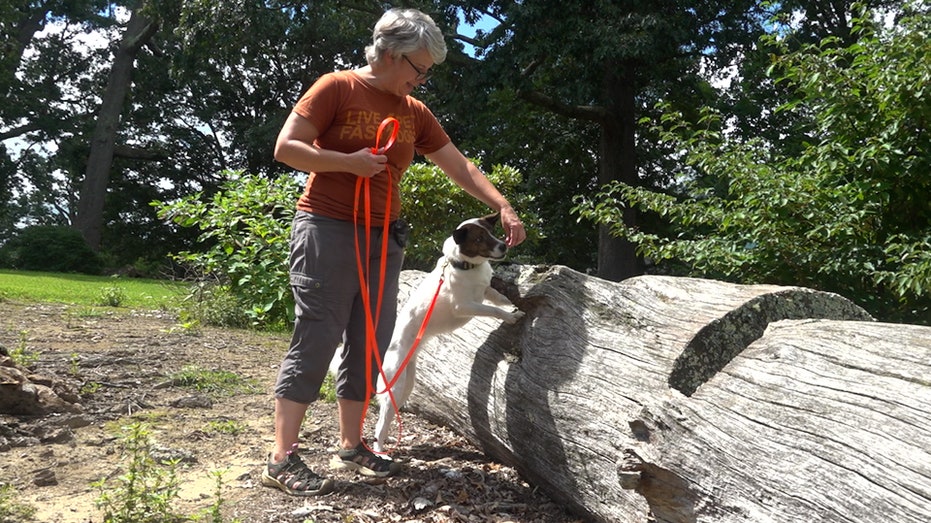


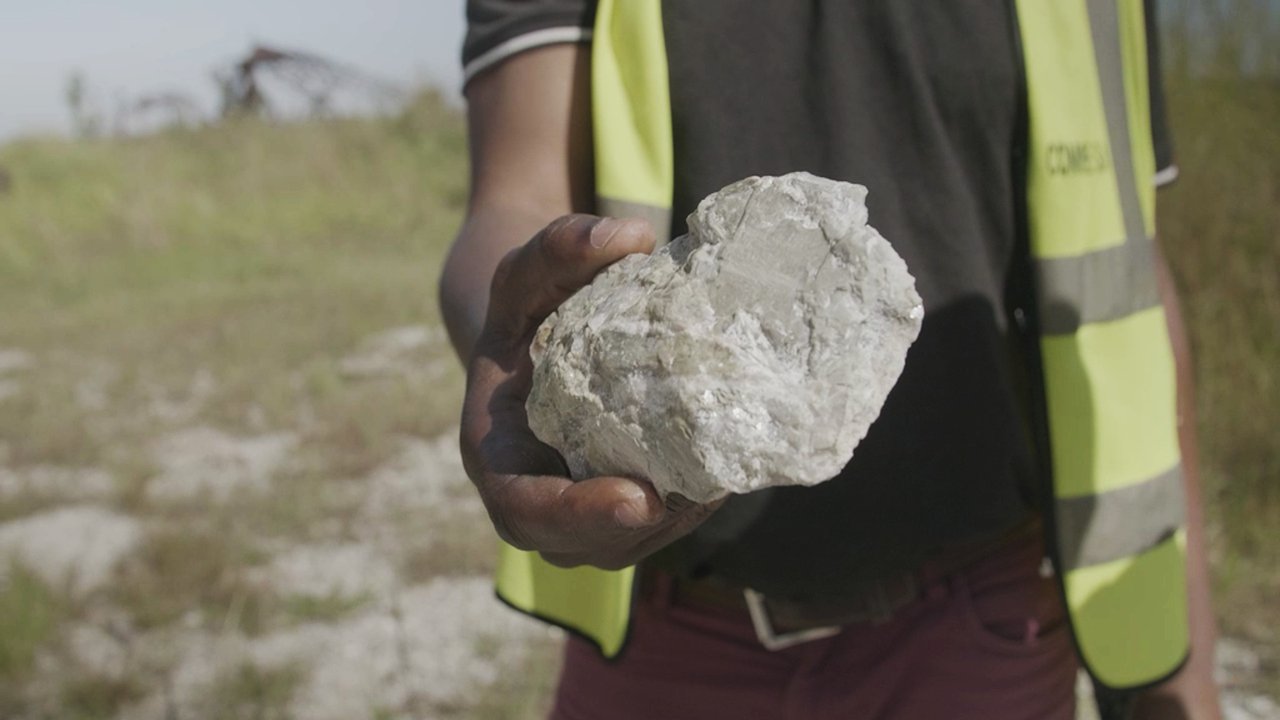

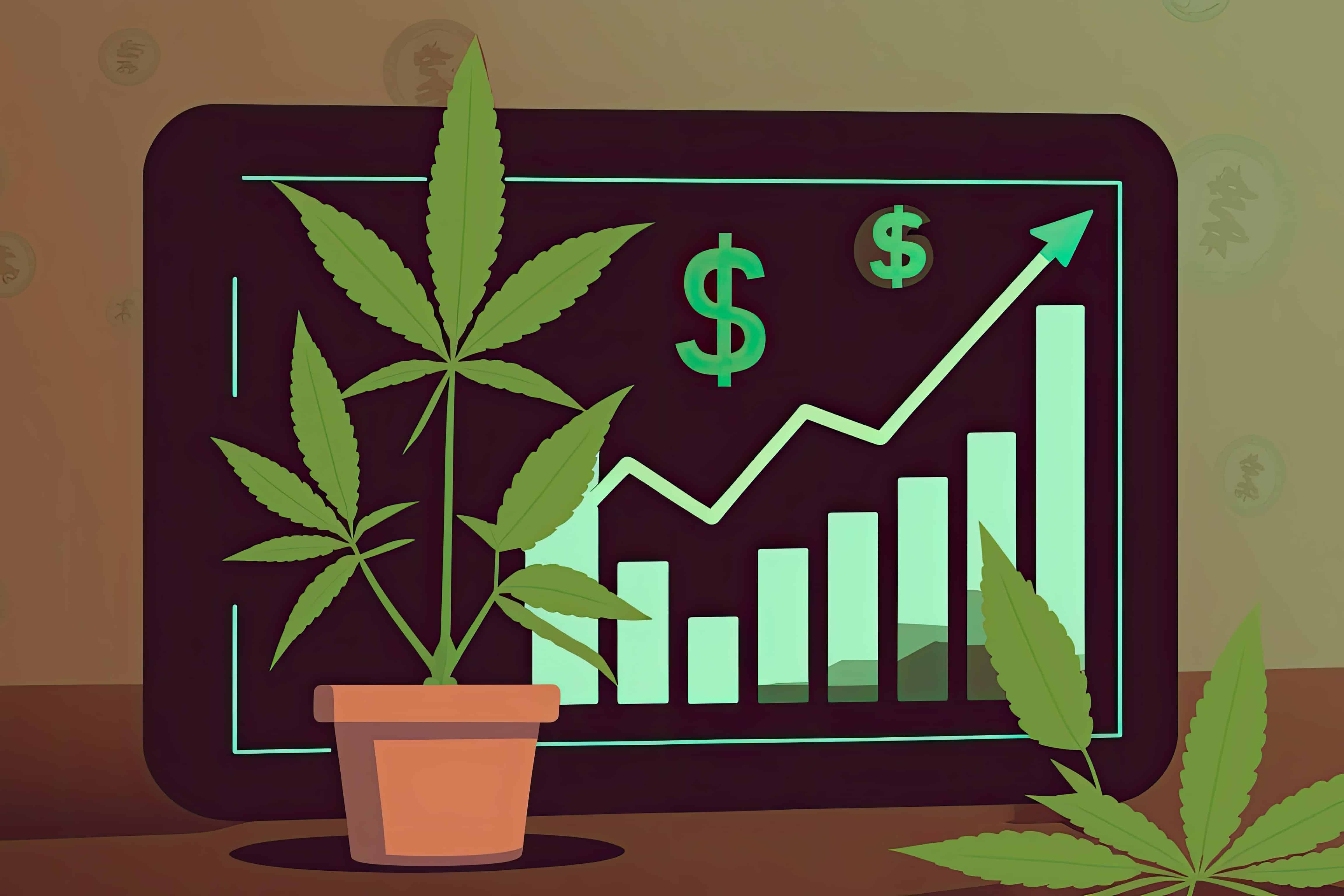
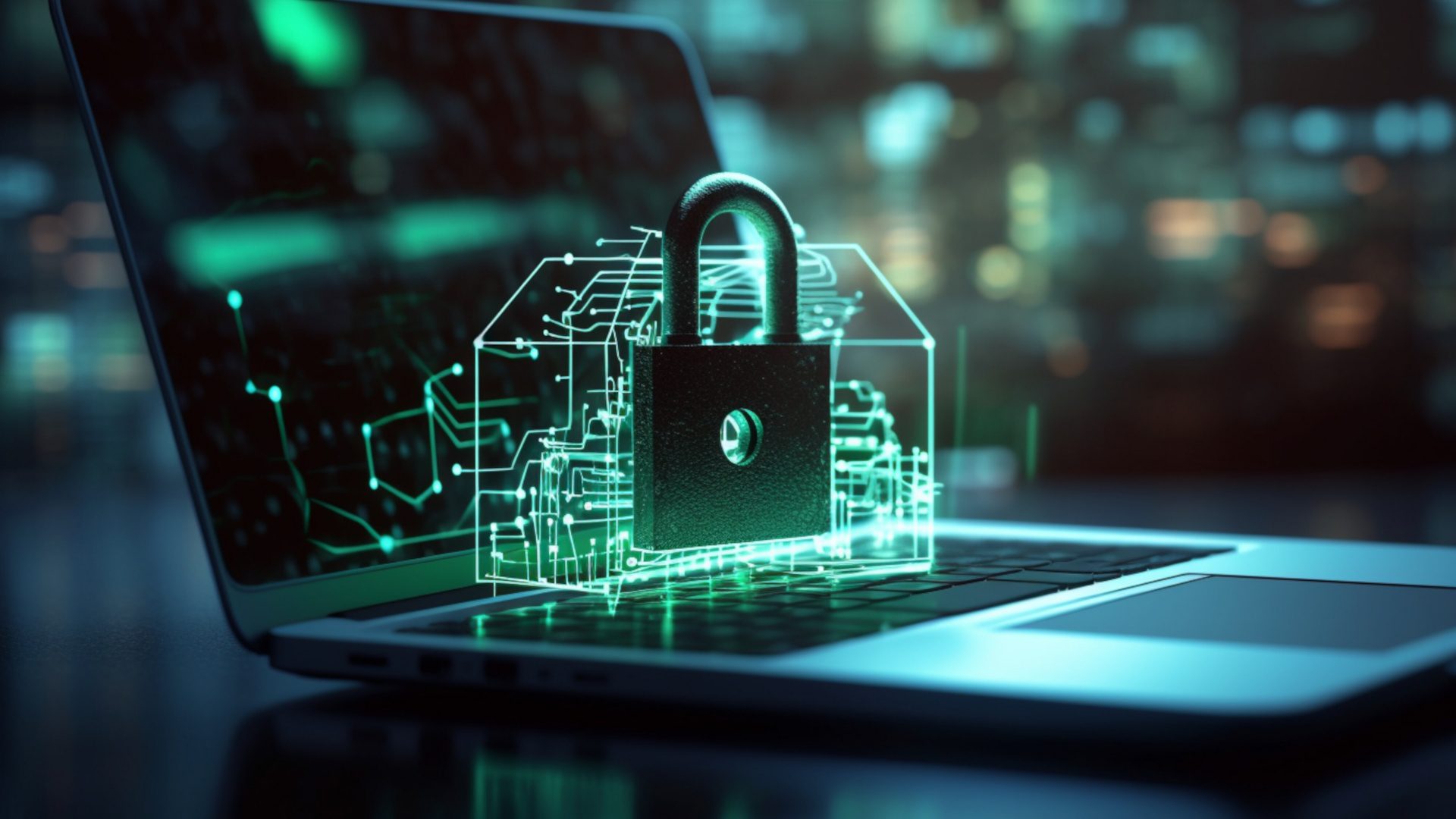
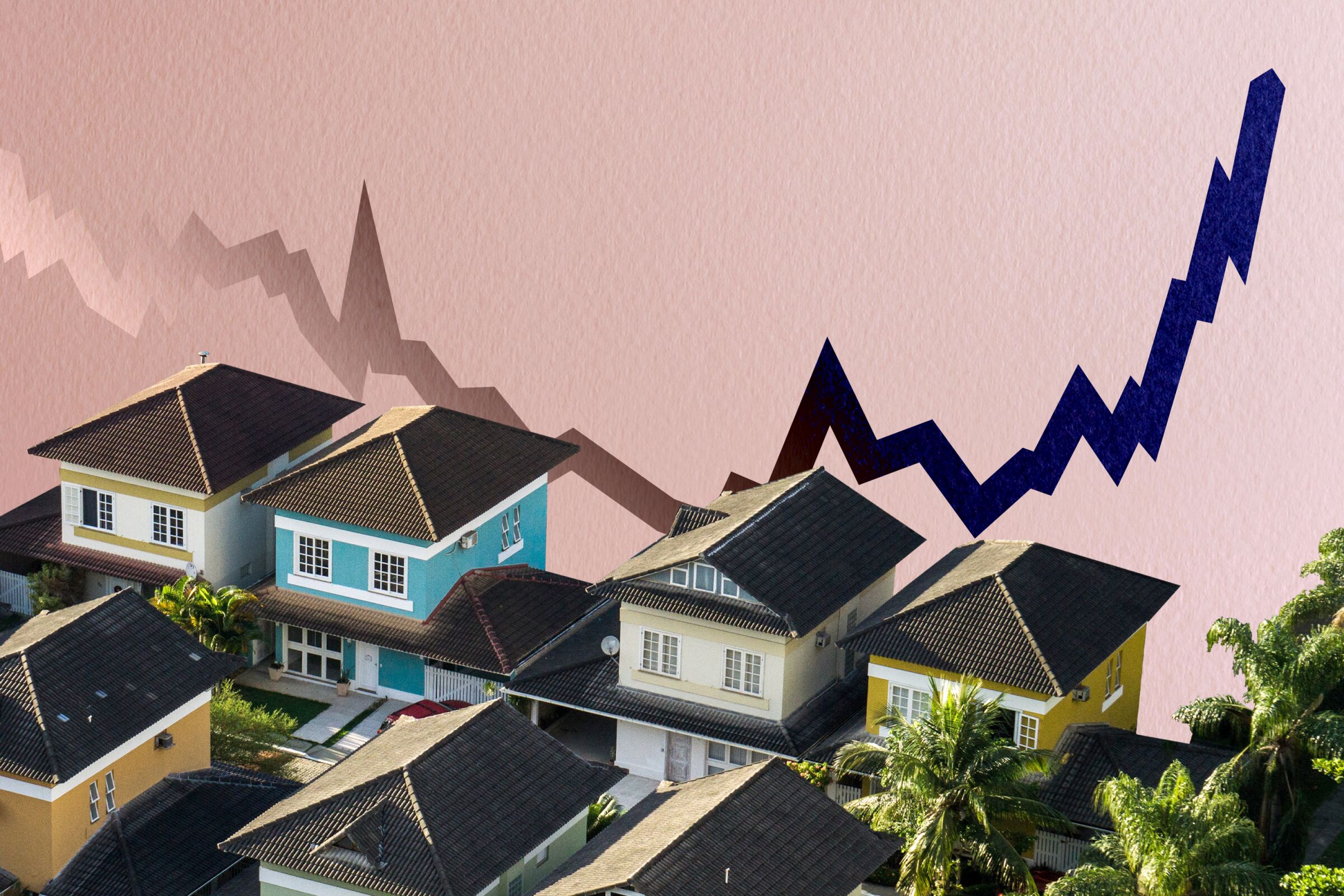
 English (US) ·
English (US) ·